Election day is right around the corner, and while there’s always a chance that it won’t turn out the way you want it to, it can still be a fun night with your kids. You can take the opportunity that election day offers and teach your children what the election process means and why this process is important. If you are looking for fun ideas to make election night educational for kids, take a look at our list.
Why Should You Teach Your Child About the Election?
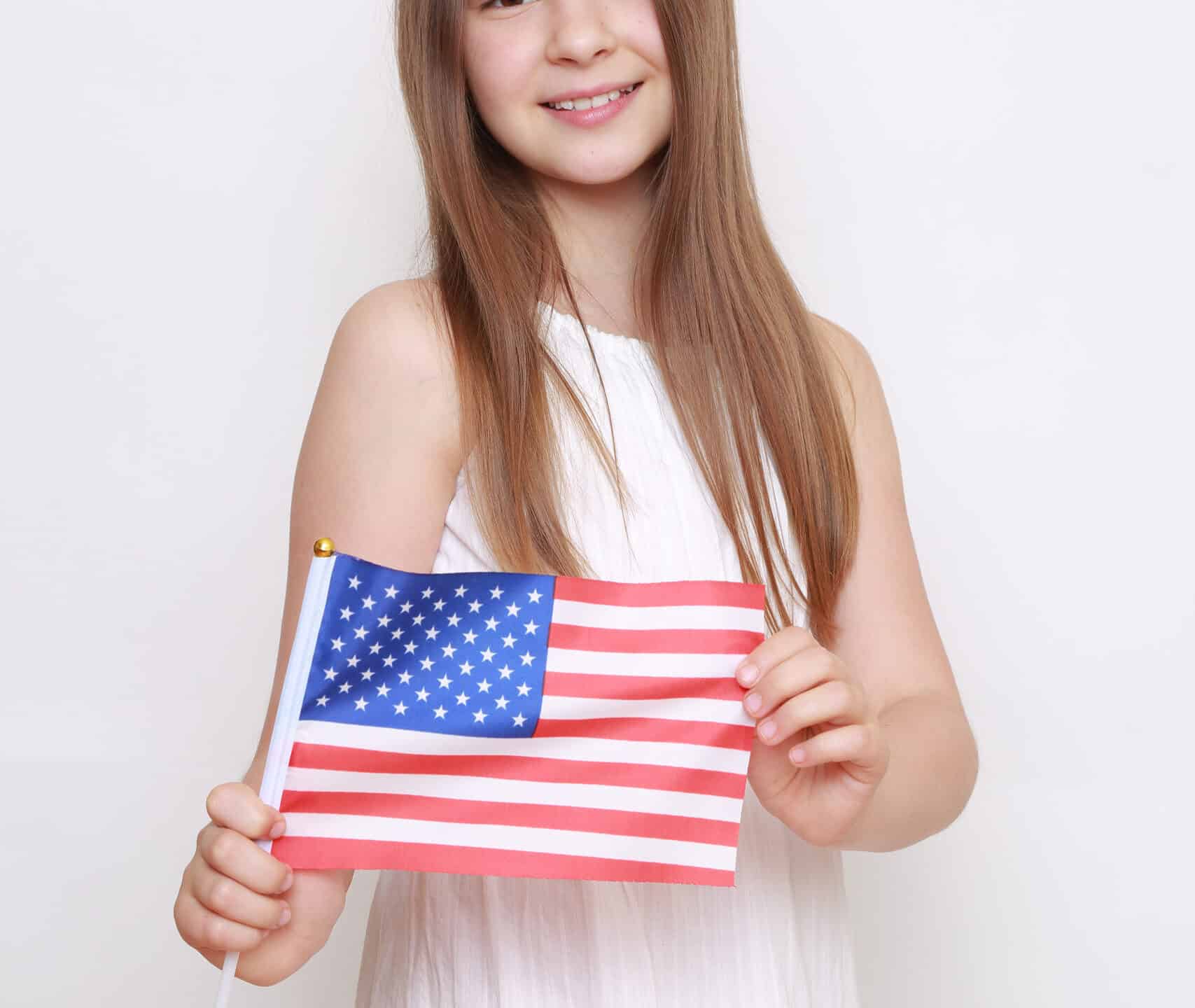
©Maryna Kulchytska/Shutterstock.com
Although politics can become pretty heated, it doesn’t have to. Teaching our children about the election and why we have this process is important. Even young children have the capacity to understand simple concepts surrounding the election and why this day is important.
Many concepts come with learning about the election that can be both fun and informative for children of all ages. These activities can teach children about the following:
- Our civic responsibility
- What community means
- How to think critically about subjects
- How to form their own opinions and ideals
- What the election is and how the process works
- What a democracy is and how our country was founded
No matter your child’s age, these activities can be fun and engaging. You can organize a simple family election night or get together with friends and extended family to do these activities. Depending on your child’s age, you can let them stay up to watch the election with you, have snacks and games, and enjoy an overall great night with your family.
If you are ready to make this election night educational and fun for your kids, try one of the activities below.
Hold a Mock Debate
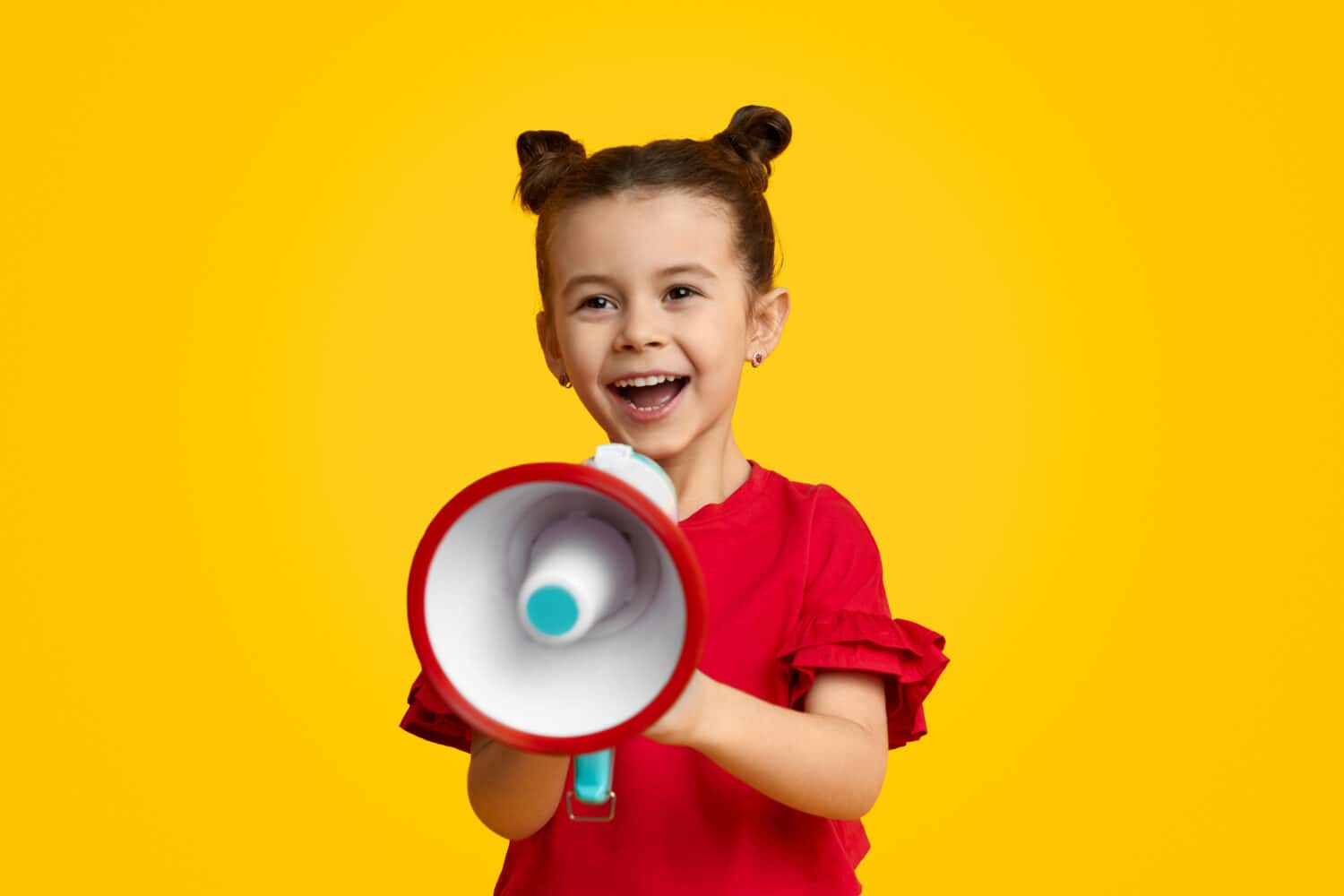
©Max kegfire/Shutterstock.com
Debates are at the core of political races. They allow the people to hear what each potential president stands for and, more or less, “plead their case.”
Therefore, one way to make election night educational for kids is to host a mock debate with your children. This activity can give them a glimpse into the process. Let your children pick a topic they are passionate about. Depending on their age, it could be something as simple as “Why I should have a later bedtime” or “This is why we should/shouldn’t have a family pet.”
If your child is older, they can choose topics they are passionate about, or that affect their everyday life or the world around them. Then, give your child time to prepare for the debate. Once they are ready, allow them to debate their siblings (or even you!).
Host a Mock Election

©Bet_Noire/iStock via Getty Images
Another way to learn more about the election is to host a mock election as a family. Many entertaining mock elections are available online, or you can make up your own.
One idea is to encourage your children to create a “stance” and let family members vote between them. For a few weeks before the vote, they can host their own debates, create a campaign, and learn about the process of an election during this time.
Cast Your (Fake) Votes
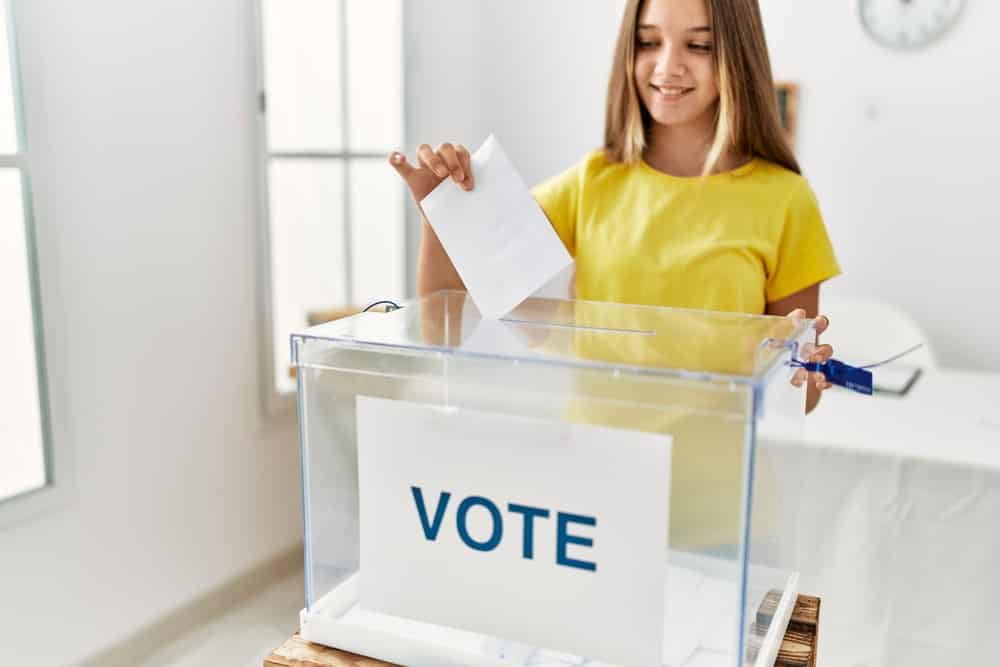
©krakenimages.com/Shutterstock.com
Once the voting day arrives, create a polling station and then let family members cast their votes. You can even make it cute or engaging by adding your own decorations.
Create Their Own Political Parties
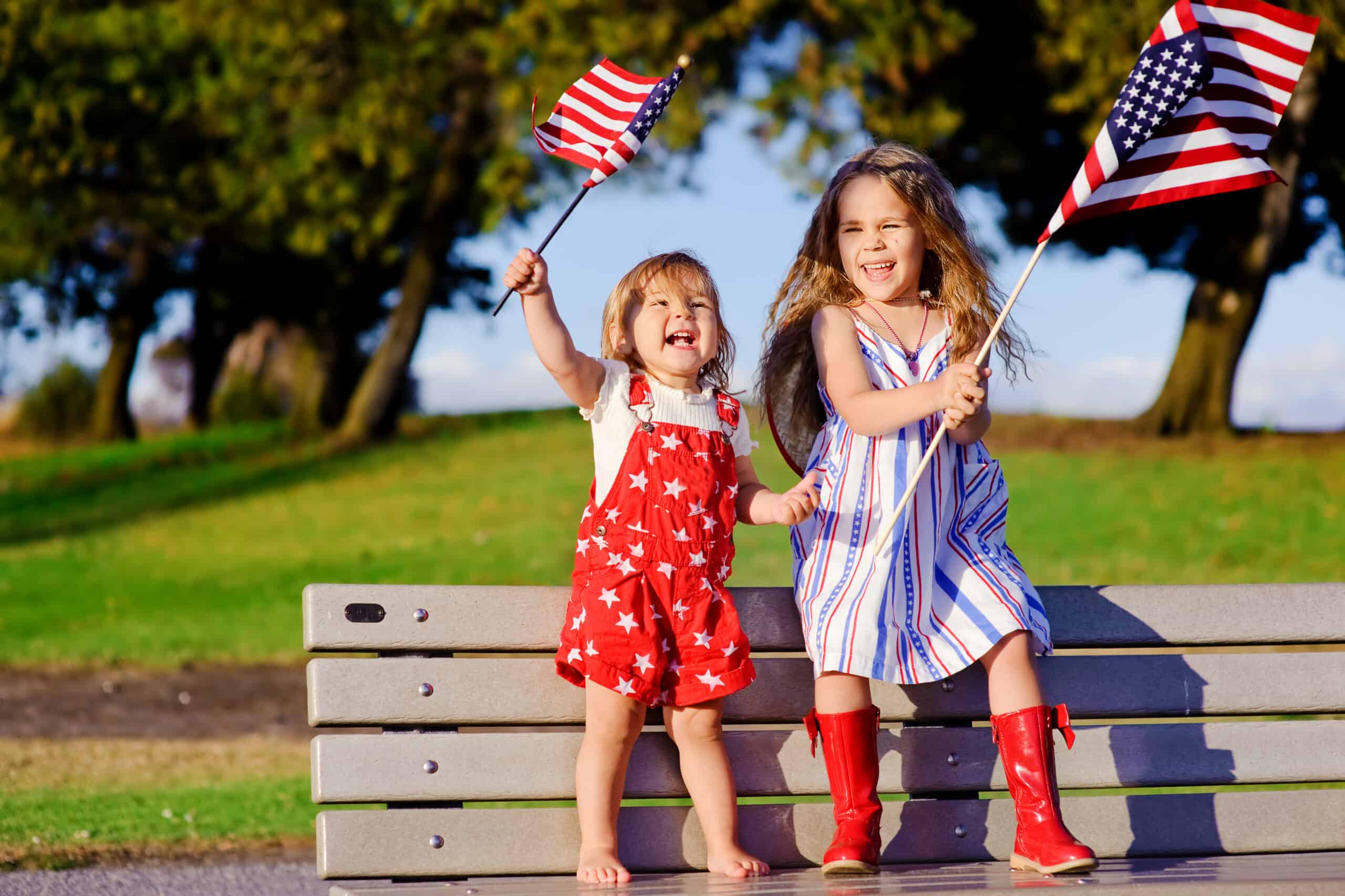
©Natalia Kirichenko/Shutterstock.com
Learn about political parties with your children by allowing them to create their own.
Depending on their age, discuss what the term political party means. You may also choose to discuss what each political party stands for in the United States.
Then, have your child brainstorm what their political party would look like. What issues would be important to them? How would they present their policies to the public? This is also a great activity to accompany a mock election and a mock vote.
Go Back in Time

©iStock.com/eurobanks
Learning about the election is a great time to “go back in time.” Take the time to explore history with your child. Learn about how the electoral process got started. What changes has it undergone over the years?
You can watch documentaries about previous presidents, past election footage, etc. You can also take the time to research how each political party has evolved over time. How have their policies changed? What is most important to them now?
Read Books on the Election Process

©GNT STUDIO/Shutterstock.com
Another way to learn more about the election is by reading books. There are many books out there today that are informative while still being age-appropriate. If you are looking for a good book (or two) to read with your child this year on election day, take a look at one of these:
- “V is for Voting” by Kate Farrell
- “Equality’s Call” by Deborah Diesen
- “Vote for Our Future!” by Margaret McNamara
- “Madam President” by Lane Smith
- “If I Ran For President” by Catherine Stier
- “I Want to be President (Sesame Street)” by Michaela Muntean
- “Vote!” by Eileen Christelow
- “Lillian’s Right to Vote” by Jonah Winter
Another fun idea is to have your child create their own story on voting. They can choose an important issue or explore a scenario about a child learning what voting is. Encourage them to use their imagination as they write and learn more about voting.
Make a Campaign Poster

©Natalia Deriabina/Shutterstock.com
Campaign posters are also an important part of the election process. Create your own campaign poster with your child. It can be a self-portrait or something else entirely.
This is an activity where their imaginations can run wild! Remember the campaign slogan; write it at the top of the campaign poster. Then, display the poster somewhere in your home.
Take Your Kids with You to Vote

©Frame Stock Footage/Shutterstock.com
If your child is old enough, many voting stations will allow your child to come with you while you are voting. As long as they can stay right by you and be quiet, this experience can be good for them. It will allow your child to observe what happens while voting.
Additionally, you can discuss with your child why exercising your right to vote is a privilege many before us did not have. Discuss how Black Americans were denied this right, and so were women, until specific movements took place. (Of course, depending on your child’s age, you can go deep or keep it as light as possible.)
Let your child know that while we may disagree with some people’s choices regarding political parties and affiliations, a person’s right to vote is their own. Additionally, it’s one that your child should exercise as soon as they are old enough.
Let Them Watch the Election and Record the State Results
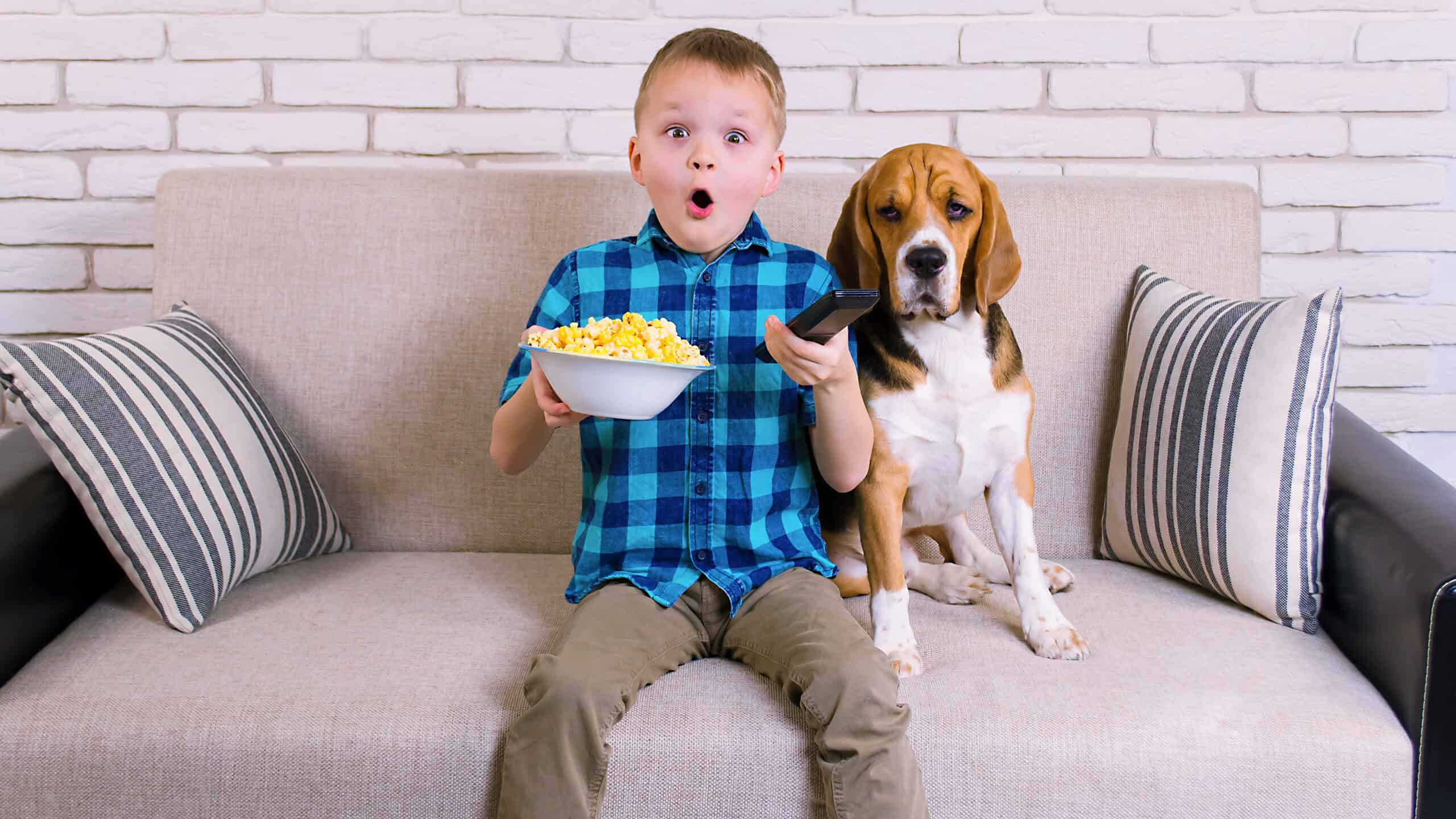
©milatiger/Shutterstock.com
If your child is old enough, let them stay up late and watch the election with you. You can create fun red, white, and blue snacks, play a few games, or simply watch the election together.
As each state’s final counts come in, fill in the state results on a blank map. This is a great way to reinforce where each state is (fun if your child is learning their states right now) and record the results.
In Conclusion

©chrisdorney/Shutterstock.com
As the election draws closer, we can choose to make it an educational night our children and us enjoy, even if we are disappointed with the results. Use this opportunity to learn more about history with your child. Additionally, you can dive deep into the world of elections, learn more about the process as a family, and enjoy an overall great night together. Try one of these fun ideas to make election night educational for kids. (Read how to tactfully discuss political differences with your teen.)
The image featured at the top of this post is ©Tatiana Gordievskaia/Shutterstock.com.
